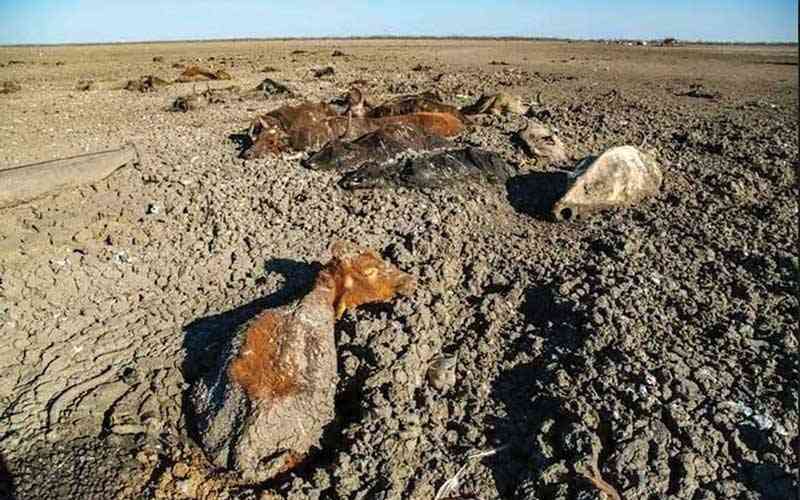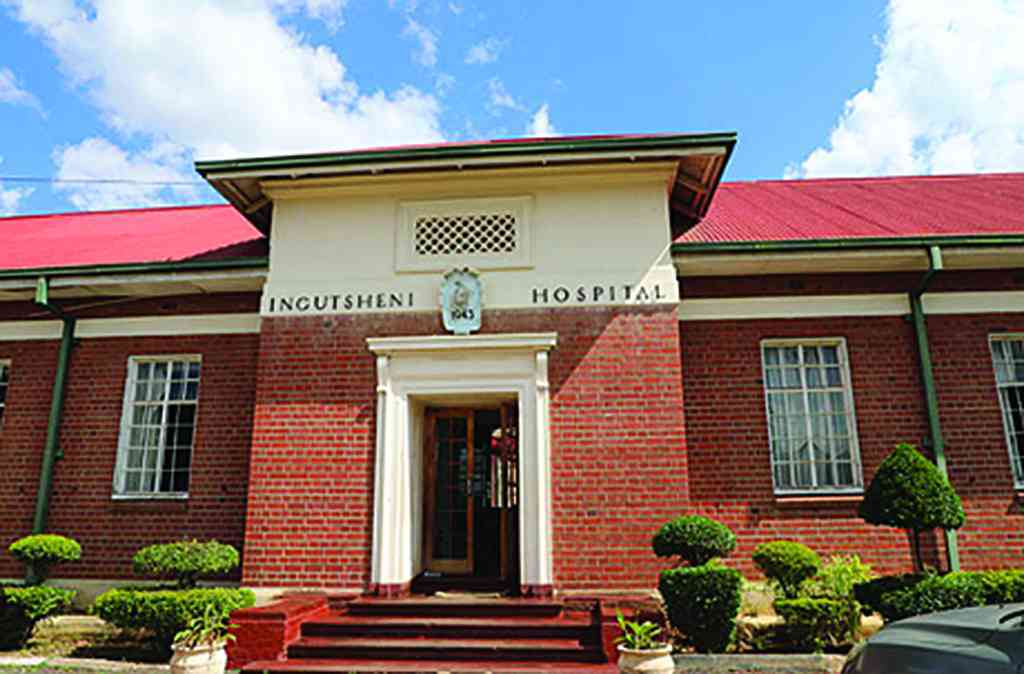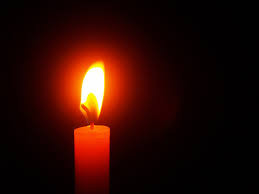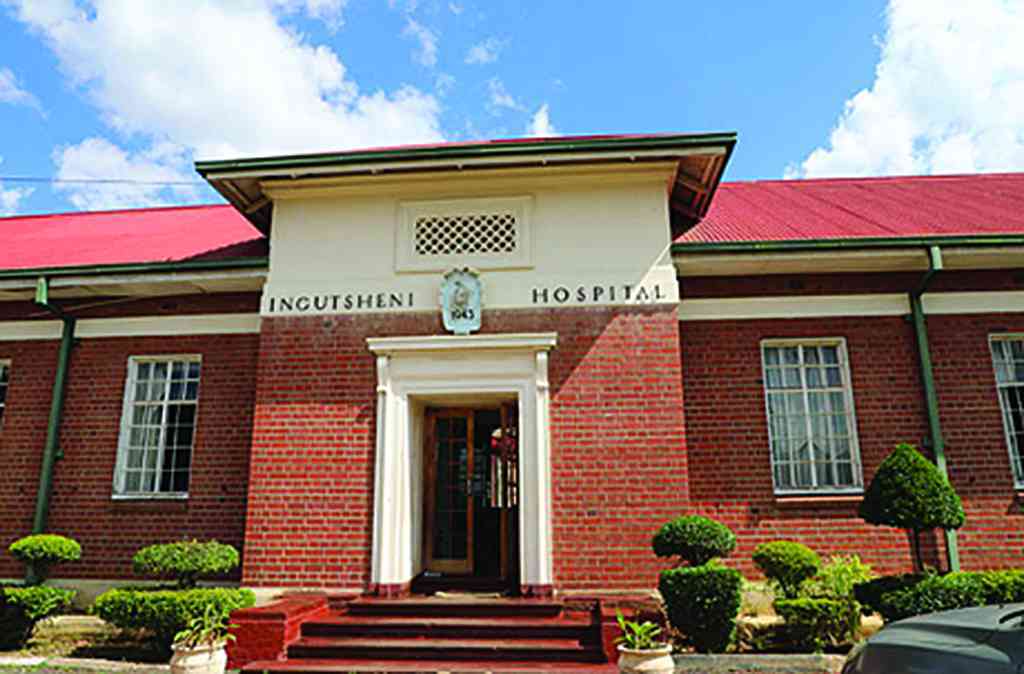
The Agricultural and Rural Development Authority (ARDA) has offered to adopt 1000 cattle belonging to communal farmers in Matobo, Matabeleland South to save them from hunger-induced drought.
Communal farmers are losing big herds due to lack of pastures and water sources.
Over 100 head of cattle are said to have died in recent days due to drought. It is feared the figures could be higher as some deaths are not being captured.
A lot of animals are succumbing to hunger and thirst owing to depleted grazing fields and diminishing water sources.
People and livestock are now competing for the little available water sources as many are drying up because of the El Nino- induced dry-spell. Matobo district is the worst affected, the Southern Eye Sunday established.
Matobo Rural District Council chief executive Elvis Sibanda said they had since engaged ARDA to adopt 1000 cattle from the worst affected areas.
“We have held community engagement initiatives regarding the programme and we expect the communities to identify the villages that are going to select their cattle to send to ARDA, which will provide the feed,” Sibanda said.
“The security of the cattle is going to be the responsibility of ARDA. ARDA has also agreed to drill five boreholes in one of the many interventions to prevent cattle deaths.”
- I will definitely win 2023 elections: Mwonzora
- We will rule forever: ED says
- Measles death toll hits 650
- Govt challenges youths to participate in tourism
Keep Reading
Matobo district development coordinator Obey Chaputsira said ARDA had partnered with the government to drill boreholes in the surrounding communities.
“So far five boreholes have been drilled in the surrounding communities,” Chaputsira said.
“We will continue to carry out a comprehensive assessment of the cattle that have been affected.”
He said ARDA would provide silage and hail bails.
Communal farmers welcomed the interventions, but some were skeptical as they feared that their cattle could be stolen.
A communal farmer Maphisa Feluna said she registered for the programme, but was also skeptical.
“We registered on Tuesday, but farmers are still reluctant fearing for the security of their cattle,” Ncube said.
“This is a welcome move. ARDA has promised that it will keep our cattle while at the same time feeding them, and going to the extent of vaccinating them free of charge.”
She said they no longer had pastures for their cattle.
"The situation has become so desperate,” Ncube said. “We depend on the Shashane River for water where we dig wells in the riverbed but this is no longer sustainable, especially for someone who has a big herd.”
Another villager from Gohole village Sisasenkosi Ndebele said she also registered for the program.
“I have committed myself that I will be going to check my cattle as per agreement with ARDA,’’ Ndebele said.
Another villager Micheck Mpala from Qinisela village in Gohole 1 said the intervention by ARDA to sink boreholes was timely.
“There was only one borehole here which is used by about 170 homesteads. It (borehole) was overwhelmed because we also shared it with our dip tank,” Mpala said.
“During the dipping days, we would stop villagers from fetching water for about two hours…”
More than 15 000 cattle died in Matabeleland South in 2019 because of drought.
There are fears that crop failure and livestock deaths may compound the country’s food security status, with more than five million at risk and in need of food aid.
Animals, especially cattle, are a critical source of income in Matabeleland South.









